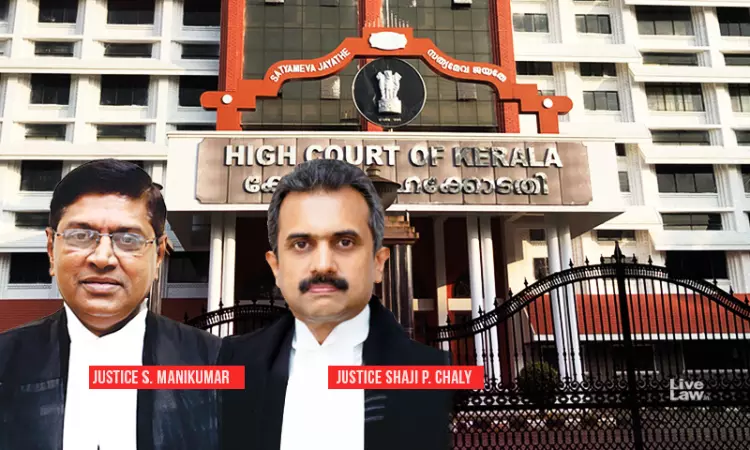Sale Of Property Under SARFAESI Will Not Extinguish Prior Existing Charge For Dues Under State Tax Laws : Kerala High Court
Navya Benny
10 Jan 2023 8:22 AM IST

Next Story
10 Jan 2023 8:22 AM IST
The Kerala High Court on Friday held that the statutory charge created under the provisions of the Kerala General Sales Tax Act, 1963 and the Kerala Value Added Tax Act, 2003, prior to any mortgage made, against the dealers would remain intact, even if the property is sold by the Bank, by the rights conferred under Section 26E of the SARFAESI Act, 2002, and Section 31B of the Recovery of...
